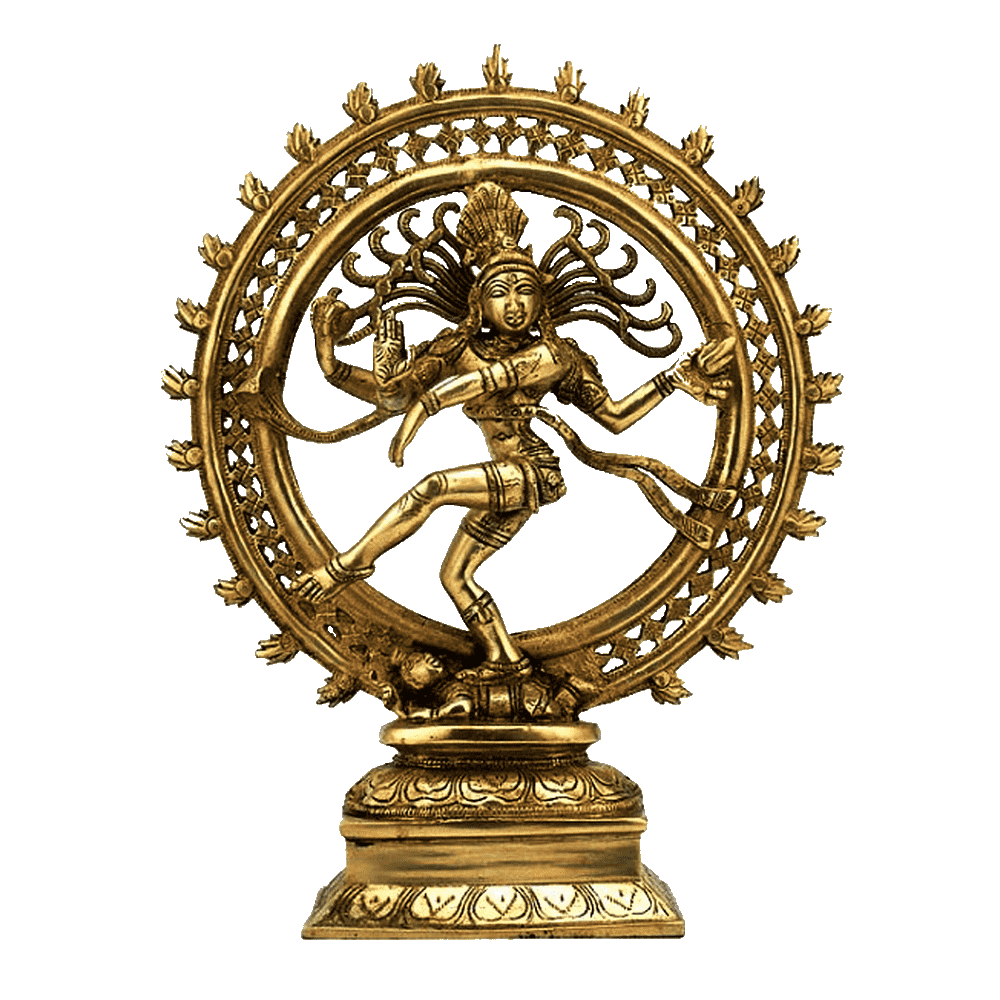
Mahānirvāṇa Tantra
Attaining Ultimate Liberation
Introduction:
The Mahānirvāṇa Tantra is a revered scripture within the Śākta – Kālī traditions of Hinduism. This sacred text holds profound insights into the pursuit of ultimate liberation (mokṣa) and offers guidance on various aspects of spiritual life. It emphasizes the significance of devotion, self-realization, and the attainment of knowledge in the journey towards spiritual emancipation.
Understanding Ultimate Liberation:
Mahānirvāṇa Tantra delves into the concept of mokṣa or ultimate liberation, which is the highest goal in many Indian spiritual traditions. It refers to the liberation of the individual soul from the cycle of birth and death, attaining a state of eternal bliss and union with the divine.
Devotion as the Path:
The Tantra highlights the path of devotion (bhakti) as a means to realize the divine and attain liberation. Devotees are encouraged to develop an intense love and surrender to the divine, recognizing the divine’s omnipresence and infinite grace.
Self-Realization and Inner Transformation:
The Mahānirvāṇa Tantra emphasizes self-realization as a vital aspect of spiritual evolution. By introspecting and understanding one’s true nature, individuals can transcend the ego and connect with their higher self, leading to inner transformation and spiritual growth.
The Role of Knowledge (Jñāna):
The Tantra acknowledges the importance of knowledge (jñāna) in the pursuit of liberation. True knowledge arises from understanding the nature of reality, the interconnection of all existence, and the imperishable essence of the self.
Unity of All Paths:
Mahānirvāṇa Tantra acknowledges the unity of all spiritual paths, emphasizing that different approaches can lead seekers to the same ultimate goal. Whether through devotion, meditation, or knowledge, the essence of spiritual practice is recognizing the divine within and transcending mundane limitations.
Harmony of Body, Mind, and Spirit:
The Tantra emphasizes the harmony of the physical, mental, and spiritual aspects of a person. By cultivating purity and balance in one’s thoughts, emotions, and actions, individuals can progress on the path to liberation.
The Importance of Guru-Disciple Relationship:
The Mahānirvāṇa Tantra highlights the significance of a qualified guru (spiritual teacher) in guiding seekers on the path of liberation. The guru provides essential spiritual guidance, dispelling ignorance, and offering profound insights into the mysteries of existence.
Universal Relevance:
The teachings of the Mahānirvāṇa Tantra transcend cultural and religious boundaries, appealing to spiritual seekers from diverse backgrounds. Its inclusive approach emphasizes the unity of all souls, irrespective of external differences.
Conclusion:
The Mahānirvāṇa Tantra serves as a beacon of wisdom and guidance for those seeking ultimate liberation. By providing insights into the path of devotion, self-realization, and knowledge, it illuminates the journey towards mokṣa. Emphasizing the harmony of body, mind, and spirit, and recognizing the role of a guru, this sacred text offers a comprehensive approach to spiritual evolution. As devotees immerse themselves in the teachings of the Mahānirvāṇa Tantra, they embark on a transformative journey, seeking to break free from the cycle of birth and death and attain the blissful state of liberation.
Editor – Kaalchakra Team
[ Note – Before Concluding anything as a Finale, Please Go through Original Scriptures of Vaidik Literature Written in Sanskrit and Also with Meaning of That time of Language. Because English is a Limited language to Explaining the Deeper Knowledge of Vaidik Kaal. ]
